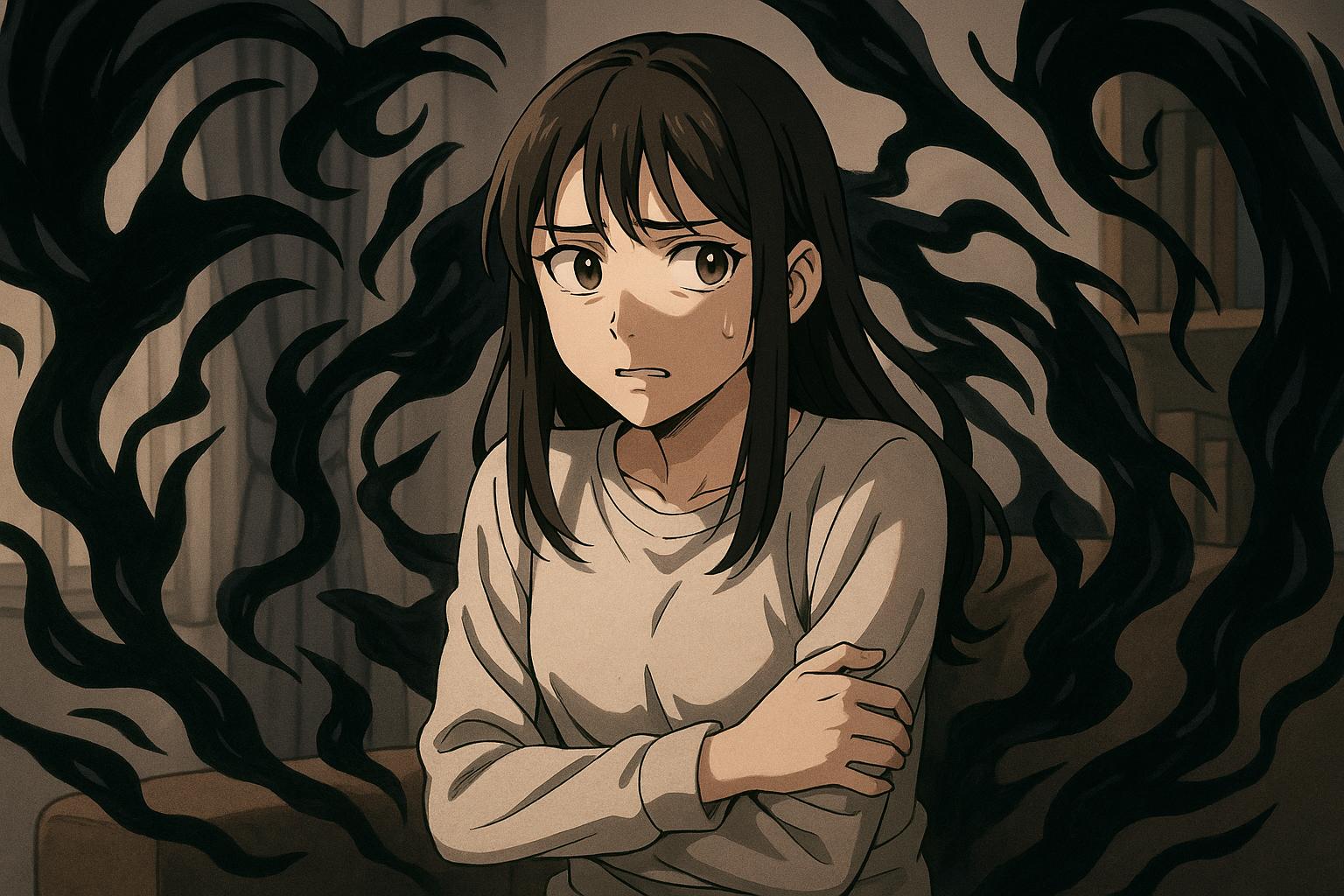The onset of intrusive thoughts can feel like a relentless battle within the mind, particularly for those afflicted with Obsessive Compulsive Disorder (OCD). Bryony Gordon's recent reflection poignantly illustrates this struggle, marking a dark but familiar moment in her ongoing journey with the condition. Alone in her home, with her husband and daughter gone, she faced a cacophony of horrifying thoughts — doubts of her own sanity and morality that spiralled uncontrollably. These intrusive fears — questions about past acts she couldn’t remember, potential harm to her loved ones, or messages she may have sent — depicted the despairing grasp OCD can exert on one's life.
Gordon describes moments that many would find harrowing, detailing how OCD has tainted her existence since childhood. These memories reveal a spectrum of compulsions aimed at managing the chaos stirred by her mind, such as incessant hand washing and self-chanting to chase away the darkness. During these instances, the only solace she finds is in physical activity; when overwhelmed by fear, she resorts to running, an act that provides a fleeting escape and a sense of connection to others grappling with similar challenges.
The resilience Gordon has demonstrated is commendable. Since achieving sobriety nearly eight years ago, she acknowledges the strides she has made with therapy. Yet, the reality remains stark; these episodes can strike unexpectedly, akin to the vulnerability she felt as a child. Gordon candidly asserts the difference between those truly suffering from OCD and those who misappropriate the term as a mere description for preference or organisation. To her, the intensity of this disorder serves not just as a personal affliction but as an urgent call for societal recognition.
As she turns to social media to document her experiences, Gordon emphasises the dissonance between the curated, idealised lives often showcased online and the raw reality of mental illness. This contrast becomes especially glaring during Mental Health Awareness Week, a time when narratives surrounding self-care are frequently highlighted. Gordon's frustration surfaces amid these discussions, as she feels the genuine impact of severe mental health conditions is overshadowed by more palatable conversations centred on feelings and wellness. She advocates for the need to not only address mental health in broad terms but to bring focus to the painful realities experienced by those navigating debilitating disorders.
Furthermore, Gordon's appeal for more comprehensive support stems from a deep understanding of the system's shortcomings. Reports suggest that many individuals seeking help face delays and inadequate support within the mental health crisis infrastructure. While some may have access to private therapy, as she does, countless others find themselves trapped in a concerning reality where mental health services are overwhelmed. The ongoing narrative about mental health must also consider those who cannot afford treatment or are left abandoned by an ailing system.
Her reflections resonate strongly within the broader context of mental health discourse. As she continues to share her story, Gordon’s message is clear: to foster a truly healthy society, we must illuminate the darker corners of mental health and give voice to those battling relentless internal conflicts. Only then can we hope to create an environment where mental illness is acknowledged, understood, and treated with the seriousness it demands.
The acknowledgement of such heavy burdens must lead us to act — not just in policy or funding but in our everyday lives. It is imperative that we foster more profound empathy and understanding towards those who disclose their struggles. Mental health can no longer be a topic constrained to feel-good quotes or simplistic solutions like scented candles; it must encompass a dialogue about the profound challenges faced by many.
In advocating for those without the luxury of resources and ensuring that the dialogue reflects the full spectrum of mental health, Gordon not only articulates her battle but also strengthens the call for a collective response — one that encapsulates hope, recognition, and support for all within the shadow of mental illness.
Reference Map
- Paragraph 1: [1]
- Paragraph 2: [1], [5]
- Paragraph 3: [1]
- Paragraph 4: [1], [2]
- Paragraph 5: [1], [3]
- Paragraph 6: [1], [7]
- Paragraph 7: [1], [6]
Source: Noah Wire Services
